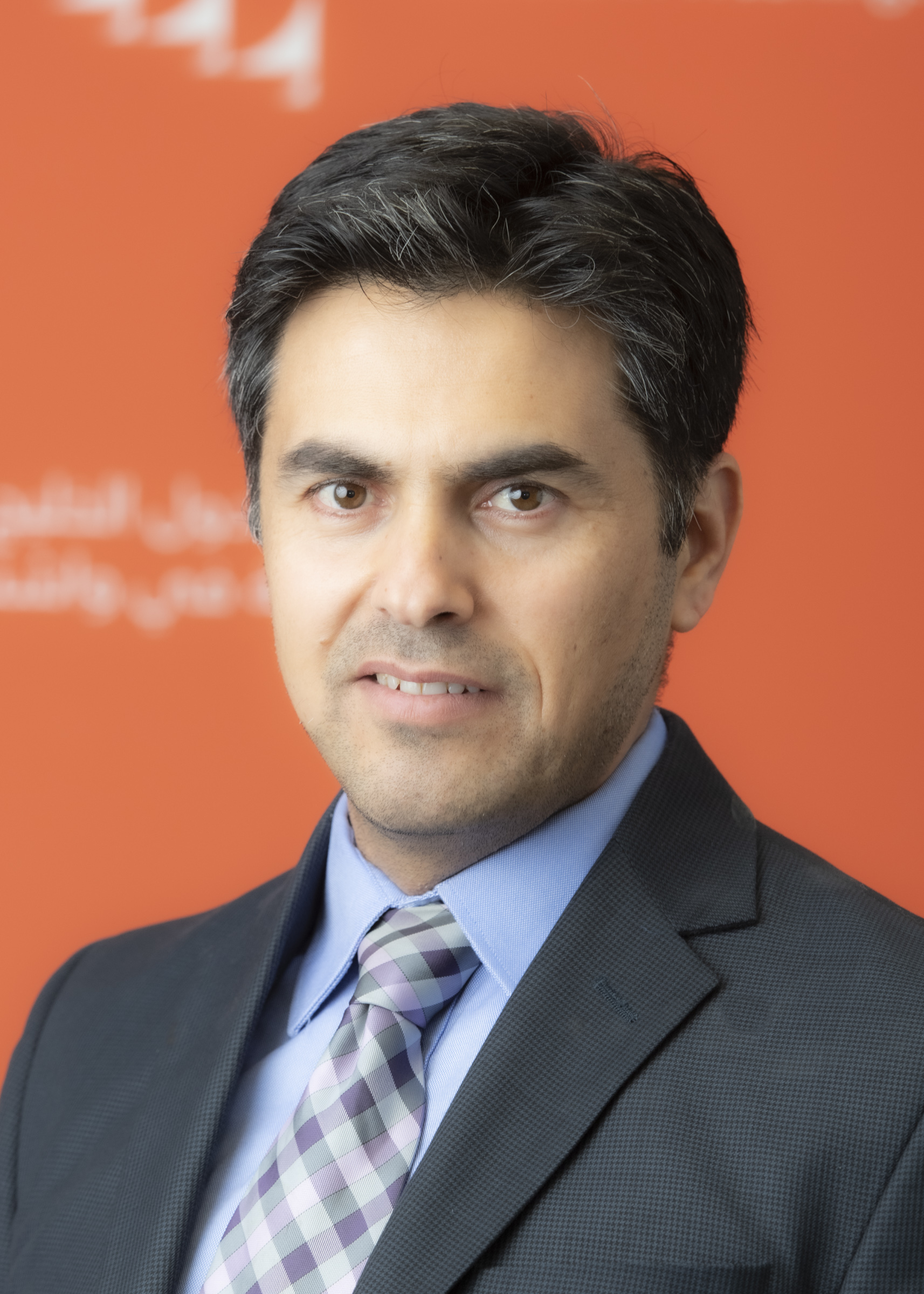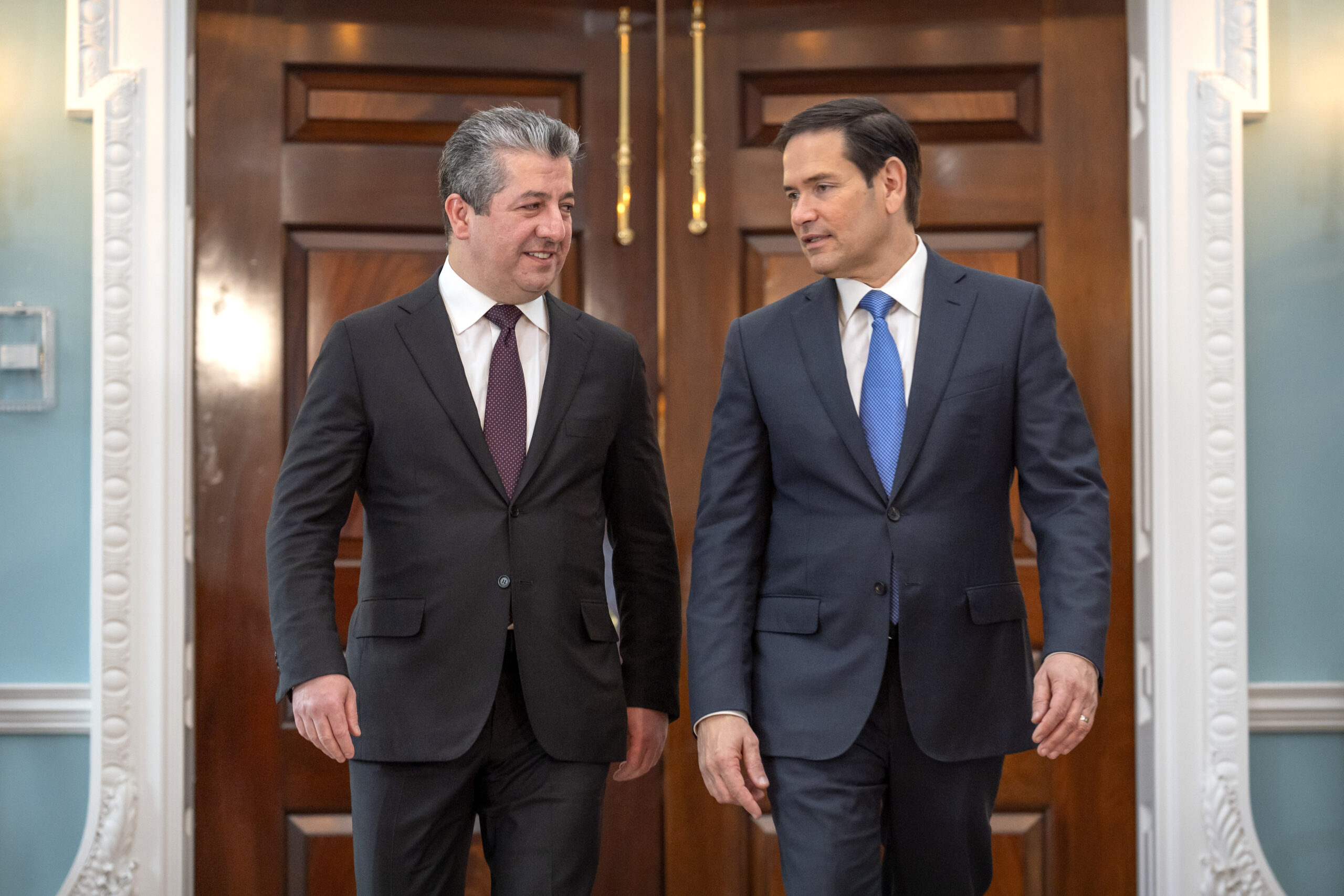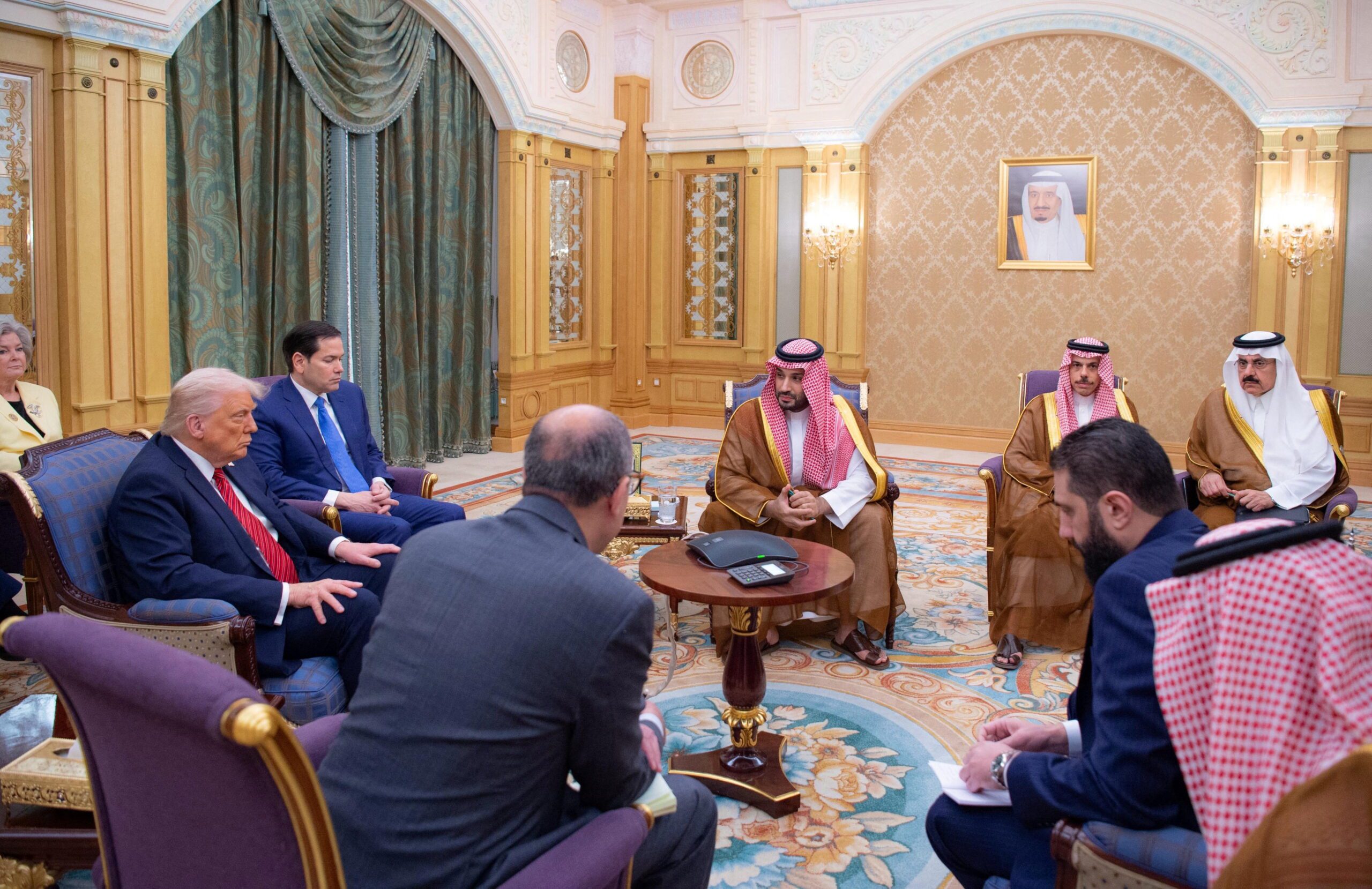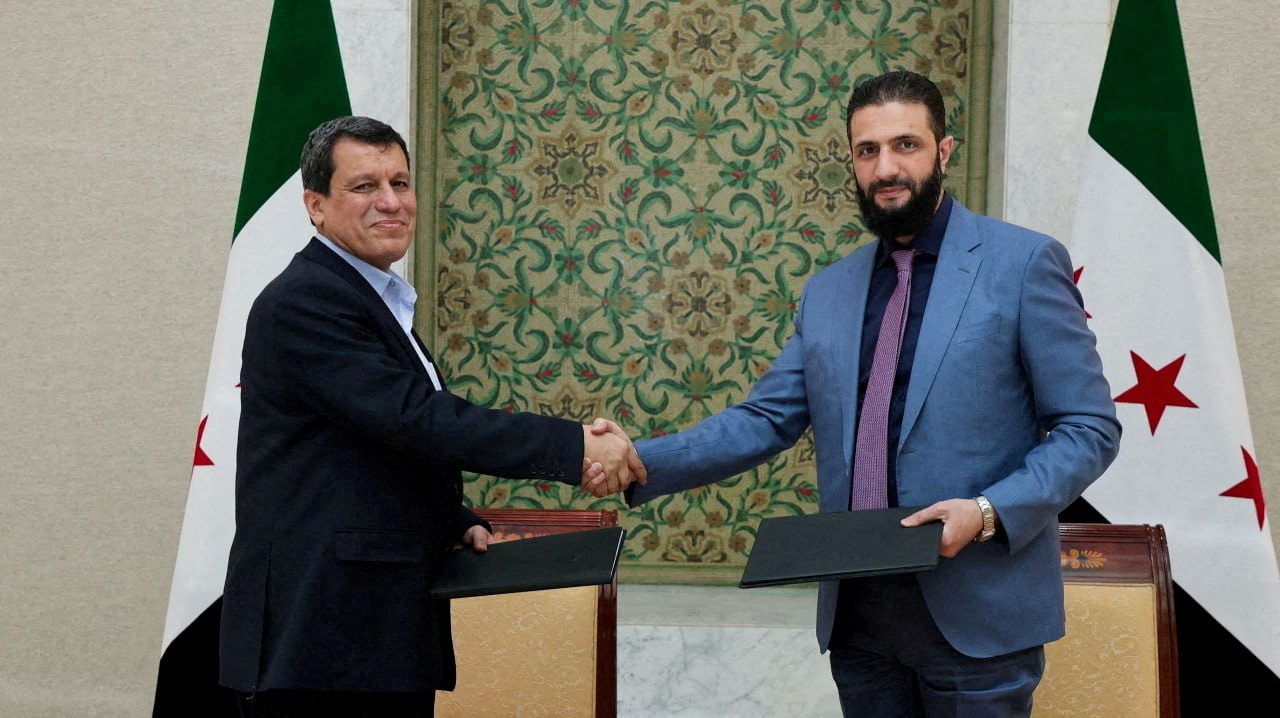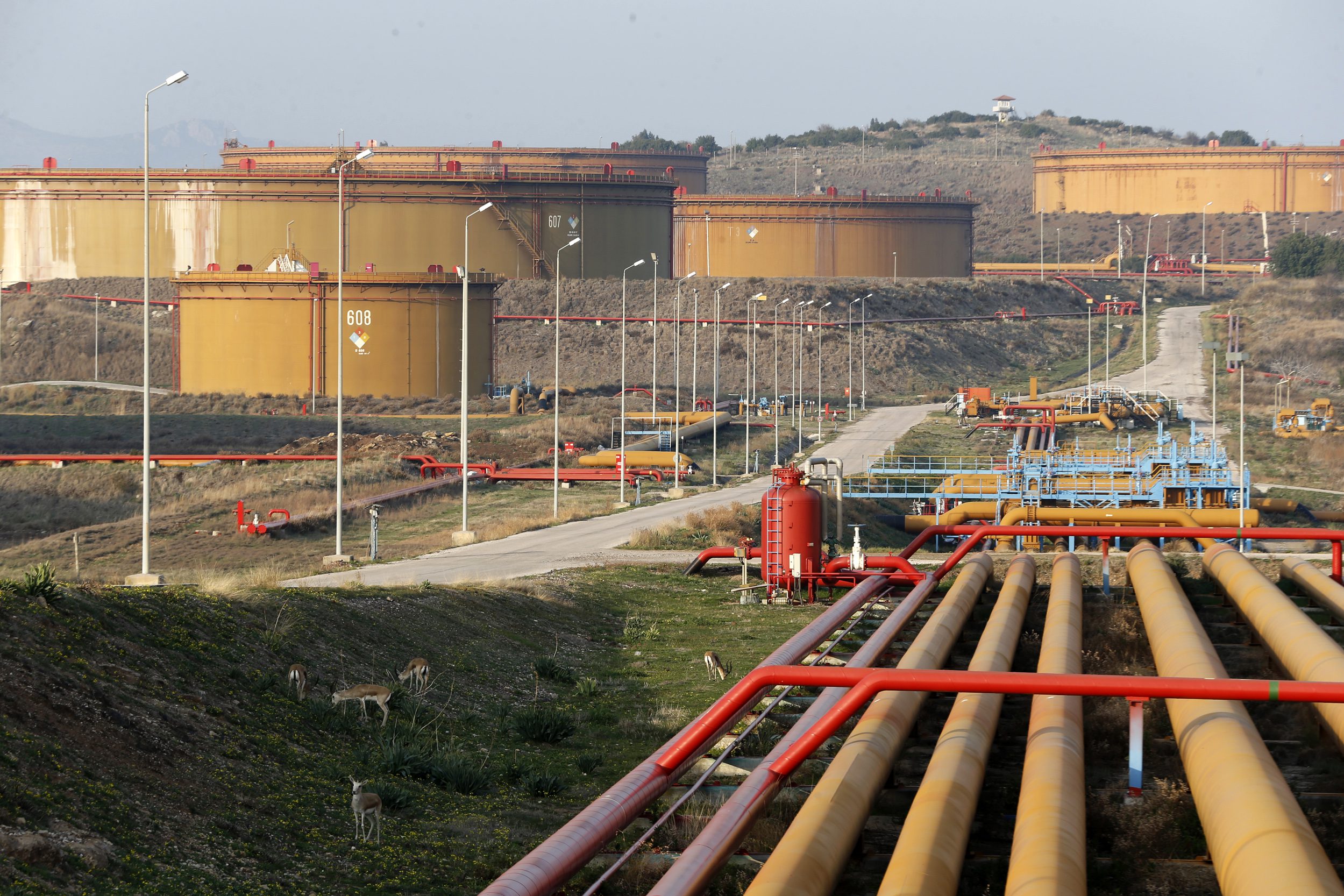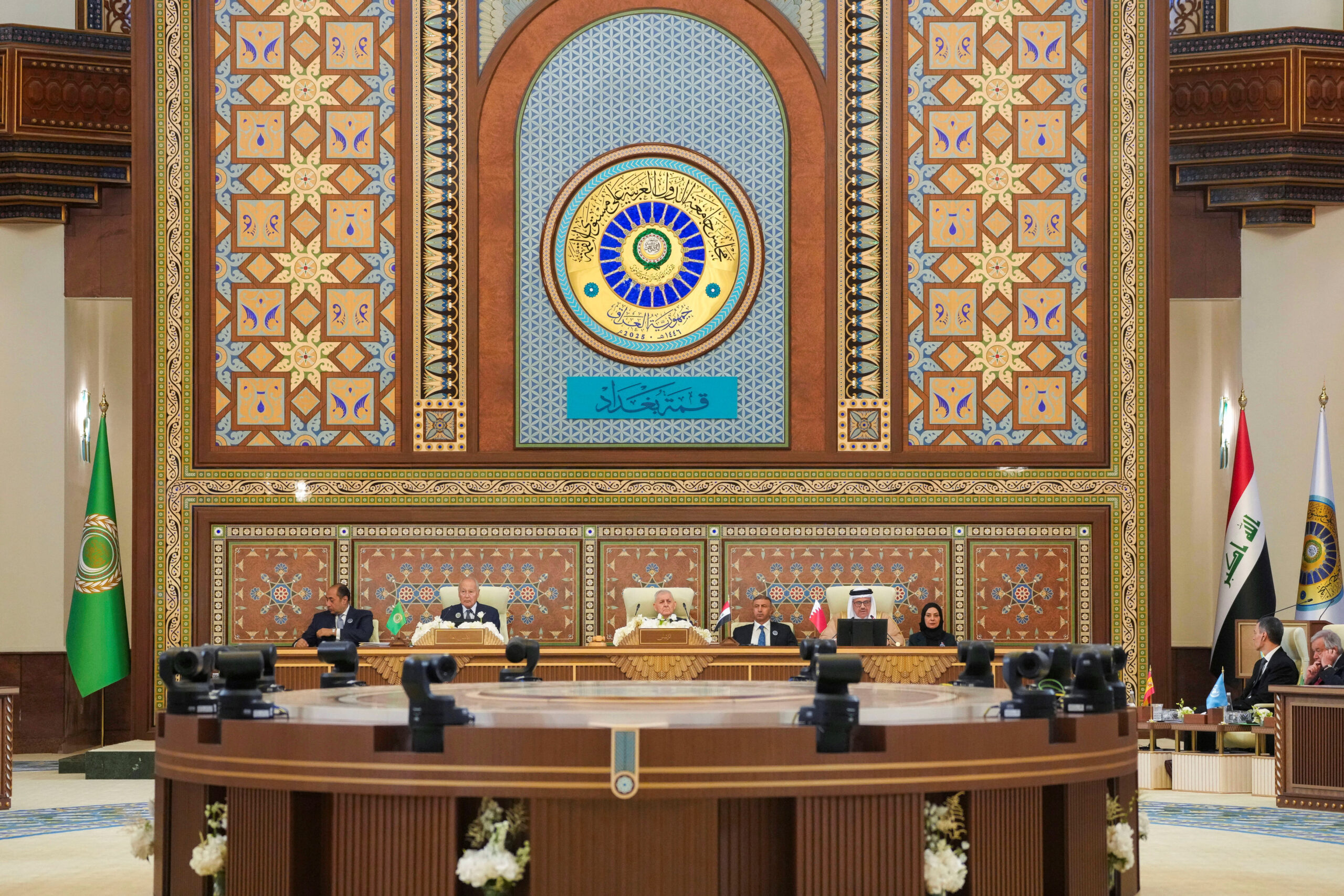Centralized Rule Is Not a Panacea for Failed States in the Middle East
Decentralized governance efforts in the region, while offering promise to societies fractured by years of dictatorship and war, will be messy, inconsistent, and vulnerable to reversal and external manipulation.
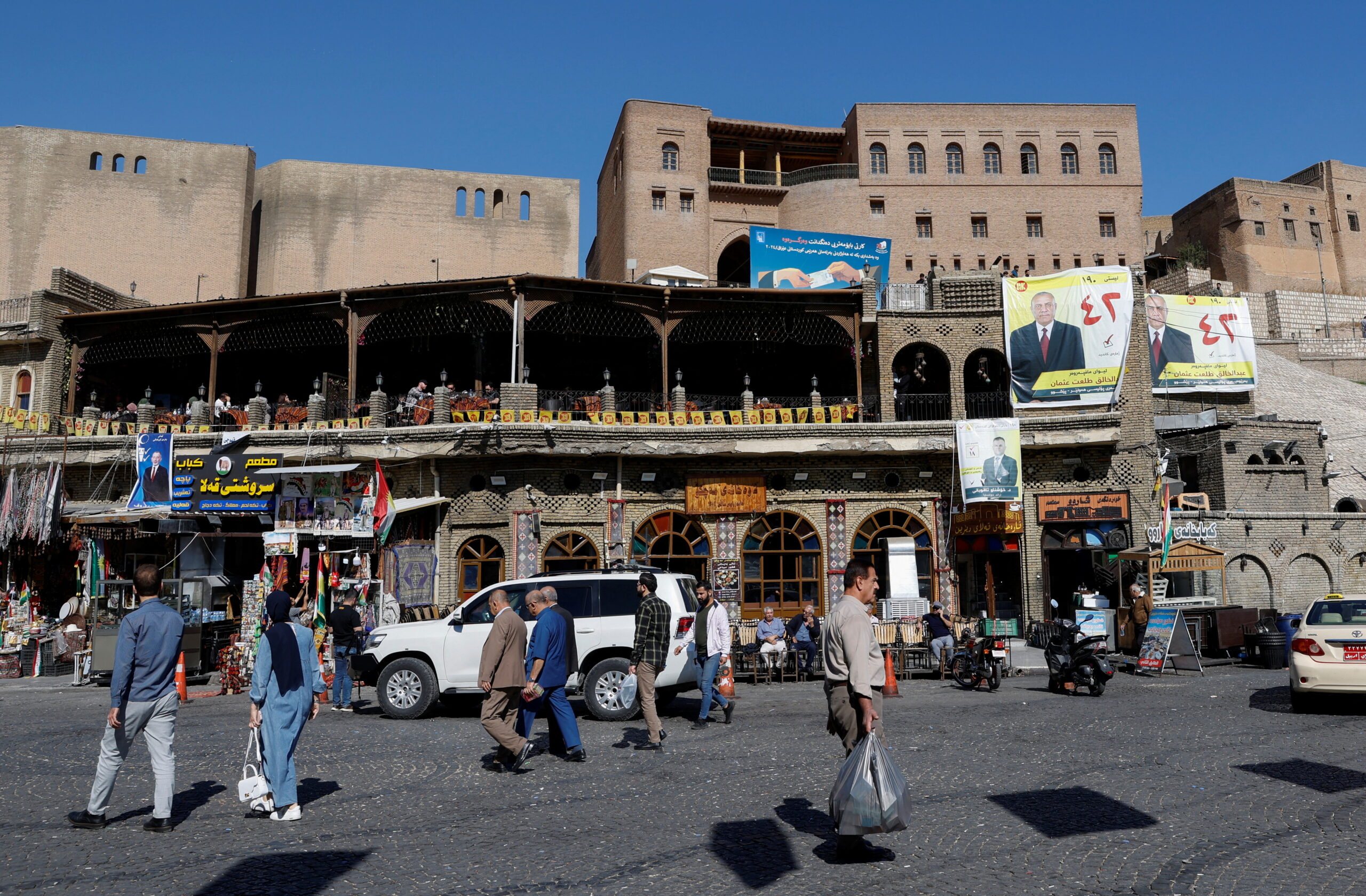
When U.S. Special Envoy for Syria Tom Barrack said on July 9 that “federalism doesn’t work” in Syria and Iraq, he was not merely expressing policy skepticism. He was reaffirming a century-old pattern of international thinking that has repeatedly failed to bring peace, stability, or justice to the region. His comment, specifically criticizing the Kurdish-led Syrian Democratic Forces for being “slow” in their negotiations with the new regime in Damascus, implied that decentralized governance is somehow a barrier to conflict resolution.
It was not federalism that destabilized Syria and Iraq. It was the very opposite. For the better part of the last century, both countries were ruled by highly centralized regimes that prioritized ethnic nationalism, militarization, and authoritarianism over pluralism, accountability, and power sharing. In Iraq, the minority Sunni regime led by Saddam Hussein launched genocidal campaigns against the Kurds and violently repressed the majority Shia community. In Syria, the minority Shia Alawite regime of Bashar al-Assad and his father, Hafez, built a political system on the exclusion of the Sunni majority and denied Kurds even the most basic civil rights, including citizenship.
Centralized states in the Middle East did not bring unity or stability. They sowed division, created power vacuums, and ignited violence with repercussions far beyond their borders with profound challenges for Western countries, serving as persistent sources of instability, authoritarian repression, and systemic human rights violations. These regimes, by consolidating power among a narrow group of elites, created push factors that drove waves of emigration toward the West, straining social and political systems. At the same time, authoritarian structures and lack of inclusive governance fostered environments ripe for radicalization and terrorism, directly threatening Western security through both regional and transnational violence.
The cumulative effects of these dynamics – unrest, refugee crises, and security threats – demonstrate the deeply entrenched risks tied to such political systems. To assume that the revival or continuation of the same centralized, authoritarian model would somehow produce different results overlooks decades of evidence to the contrary.
Federalism and decentralization, though imperfect, have proved effective frameworks for governing diverse societies. The United States has sustained a federal system for over 250 years, balancing unity with regional autonomy while managing profound political and cultural divides. In the Middle East, the United Arab Emirates demonstrates how a federal structure can preserve local authority while enabling national cohesion and economic growth.
For Syria, the solution should not be called federalism or autonomy, as these politically charged terms have been used to deny the rights of minorities and are often mistakenly equated with separatism. Instead, a new term can be coined to address the concerns of the center and fulfil the local demand for self-governance as has been done in the European Union with “subsidiarity,” “devolution of power,” “regional empowerment,” and “shared governance.”
The experiences of the Democratic Autonomous Administration of North and East Syria and the Kurdistan region of Iraq illustrate that even in fragmented and volatile contexts autonomous governance structures can function as stabilizing mechanisms. While these models are imperfect, they have nonetheless demonstrated resilience, pragmatism, and a tangible capacity to mitigate broader conflict risks. In fragile settings where central authority remains contested, these autonomous arrangements stand as working models that reduce instability, preserve pluralism, and offer viable alternatives to state collapse.
In northeastern Syria, the SDF and its political wing, the Autonomous Administration of North and East Syria, have implemented an effective, locally based model of governance that emphasizes ethnic coexistence, gender equality, and grassroots participation. This system has offered a rare example of bottom-up stability in a region otherwise ravaged by war and authoritarianism. Women have become an active and integral part of the political, security, military, and economic systems. And infrastructure has been developed to the extent that speed limits are enforced through traffic cameras, an indicator of both improved rule of law and administrative capacity. The system is not without flaws: Critics of the system in northeast Syria note that actual governance inside the northeast, despite the emphasis on decentralization in discourse and wire-diagram organization, tends to be top-down, centralized, and deficient in transparency.
Despite numerous political and economic challenges, the Kurdistan region of Iraq has maintained relative stability, contributed to regional security, and provided a level of governance and public service often absent in the rest of Iraq. The Kurdistan region has shown that decentralized governance can coexist with broader national frameworks and even thrive, given the opportunity and international support.
Conversely, centralized governance has a catastrophic history in Iraq and Syria. The Assad and Saddam Hussein regimes were not only unable to build inclusive states, they contributed to state fragmentation. Both Iraq and Syria became breeding grounds for extremist ideologies precisely because they denied meaningful space for political and cultural pluralism.
The region requires a new political architecture that acknowledges its ethnic, linguistic, and religious diversity rather than the rigid state models inherited from the colonial mapmakers of the early 20th century. Federalism or any other sort of power decentralization, shaped by the realities on the ground, may be a path toward peace, representation, and accountability.
While decentralization offers a viable framework for rebuilding multiethnic states in postconflict settings by expanding participation, reinforcing local resilience, and diluting authoritarian structures to set the foundation for more inclusive governance, these gains are not guaranteed. Without safeguards, central authorities, external powers, armed actors, and entrenched elites can swiftly undermine local progress and recentralize power. In addition, there are risks of fragmentation and internal division, as well as well as inequality, where richer, more centrally located areas do better while remote, poorer, or more marginalized regions lag. While such flaws and vulnerabilities are real, when stacked against the catastrophic weaknesses the region has witnessed in highly centralized, authoritarian rule, there is a persuasive case to be made for giving decentralization more of a role.
The views represented herein are the author's or speaker's own and do not necessarily reflect the views of AGSI, its staff, or its board of directors.
